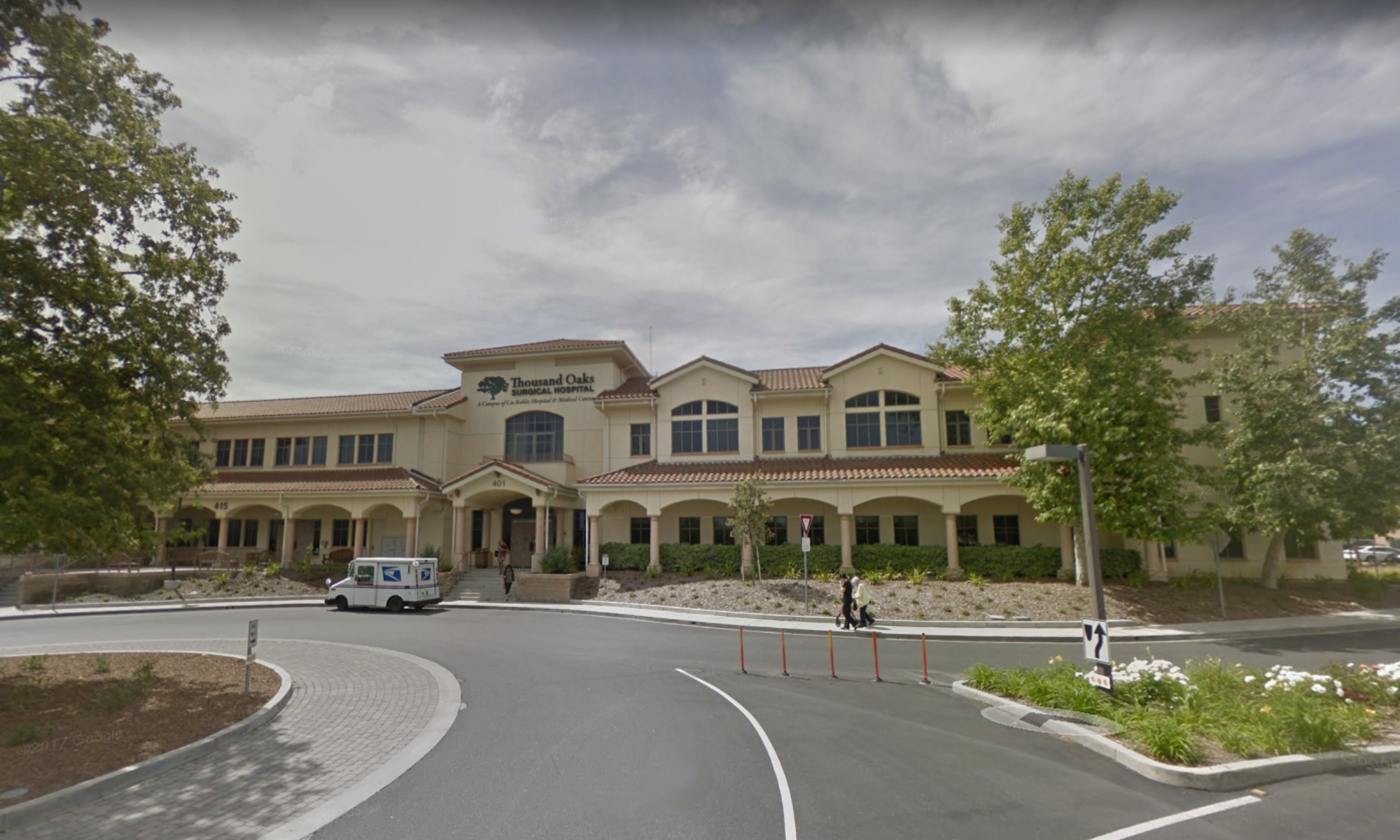Assembly Bill 1059 has been introduced to the California Legislature to ban commercial real estate dual agency relationships. Specifically, the bill “would prohibit an agent from acting as a dual agent in a commercial real estate transaction,” and also prevent different individuals in the same firm from “acting as an agent for both a seller and buyer in the same commercial real estate transaction.”
There are many pro landlord groups opposing this bill like AIR CRE. Why? In my opinion, it’s because it will help the tenant and buyer and reduce the profit of the landlord and seller. Just read some of the weak arguments made by AIR CRE here. All of them primarily have to do with a landlord or seller making less money or not doing as well somehow. Don’t you feel sorry for them?
Dual Representation is not legally allowed in many states. Why? Because it can’t be done without violating ethical issues as there are simply too many conflicts of interest. The tenant/buyer loses big time and the owners and their brokers gain big time. This is why so many brokers and owners are in favor of it.
For 25 years I worked as a landlord and seller and directed some very large real estate companies that owned millions of square feet of commercial property across the US and even internationally. Many brokers wanted my business because I could give them 5 or 6 figure salaries off some of my properties in any one region that I controlled. As a landlord, I loved it when my brokers were able to do dual representations because I had a great amount of leverage over the brokers who worked for me. If they, or anyone in their firm representing a tenant/buyer, pushed too hard for a tenant/buyer at one of my properties –all I had to do was hint that they might not be able to keep my listings. Would a broker risk losing a 5 or 6 figure salary working for me over one deal where they also represented the tenant/buyer? Not likely. That is all it took for the tenant/buyer to not get as good of a deal as they could have received had they used another broker from another firm; a firm that was not affiliated with a listing broker who worked for me or that wasn’t trying to get listings from me. This is why dual representations shouldn’t be done.
Even though dual representations are legal in California, I won’t do them. They should be outlawed. Ask any good real estate attorney how it goes in court when they have to defend a broker for a dual representation. Attorneys that I have spoken with that have experience in this matter have said “it’s not a matter of whether they can win the case but rather of how much they can settle for”. This is because these attorneys know that it is impossible for a broker to represent both parties correctly without fault.
Can you imagine an attorney who has represented a large property owner for decades attempting to also represent a tenant in a dispute in court? It wouldn’t be possible to represent both parties fairly. It doesn’t happen. This is the same reason why dual broker representation should not happen.
Every tenant/buyer should hire a broker that doesn’t have any conflict of interest with a landlord/seller or their broker. The landlord/seller pays the tenant/buyer’s broker’s commission so it costs the tenant nothing.
Brokerage firms that specialize primarily in representing tenants/buyers are a very good choice because they don’t have the conflicts mentioned above. If a tenant/buyer is thinking of representing themselves –that can potentially be even worse. Hire an experienced broker who only has your interests in mind instead. You will save a lot of time, money and headaches if you use the right broker.
